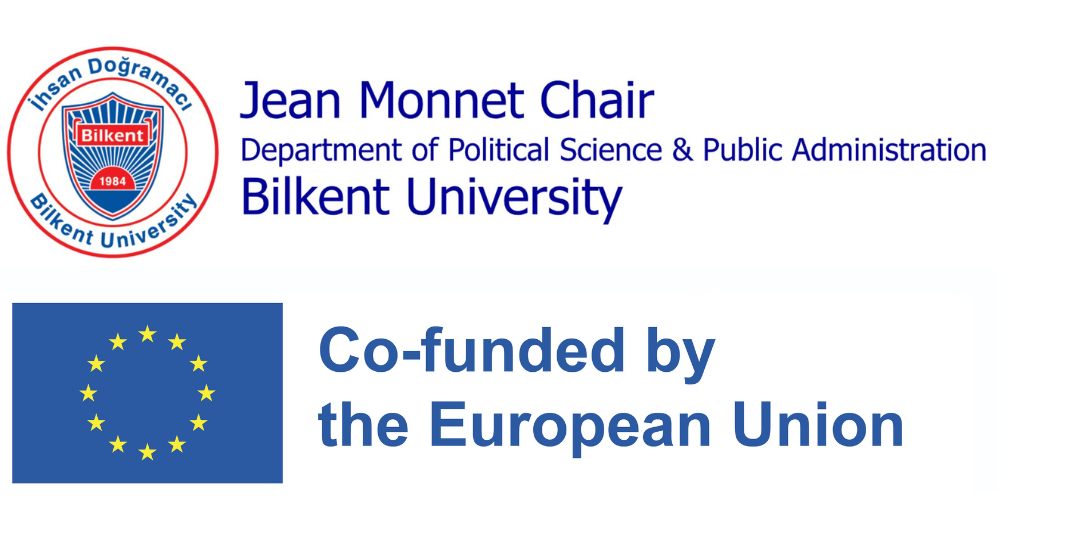Monday, March 31, 2014 at 12:00pm to 2:00pm
Edward B. Bunn, S.J. Intercultural Center, CCAS Boardroom (ICC 241) 37th and O St., N.W., Washington
Following the discovery of large natural gas fields in the seabed of the Eastern Mediterranean, energy has become yet another sensitive issue in Eastern Mediterranean politics. Cyprus and Israel appear to be the first two states to benefit, as they have already signed large contracts about drilling projects that would soon turn them into net energy exporters. The possibility of discovering further energy reserves has raised the question of delineating the Exclusive Economic Zones (EEZ) in the Eastern Mediterranean. This has involved all littoral states and added one more potential regional dispute. Unilateral moves by littoral states could potentially lead to regional tension and conflict, while the prospect of referring the delineation to international adjudication appears dim at the moment. Turkey’s role has been important not only because it is one of the region’s littoral states, but also because it could serve as a transport hub for the delivery of hydrocarbons to-be-extracted to the world market. Nevertheless, the Cyprus question and Turkey’s frozen relations with Israel obstruct regional cooperation, as well as the promotion of European energy security. The European Union authorities would be very glad to acquire access to Eastern Mediterranean energy resources, as this would reduce their dependence on energy imports from Russia. This paper aims to identify risks and opportunities for regional stability and European energy security that the discovery of energy resources has brought about. In particular it aims to explore if and how the discovery of energy reserves offshore in the Eastern Mediterranean could contribute to the resolution of the Cyprus question.
Dr. Ioannis N. Grigoriadis is Assistant Professor and Jean Monnet Chair of European Studies at the Department of Political Science and Public Administration, Bilkent University and Research Fellow at the Hellenic Foundation for European & Foreign Policy (ELIAMEP). Between 2004 and 2009 he taught at Sabanci University, Isik University and the University of Athens. His research interests include European, Middle Eastern politics, nationalism and democratisation. His publications include two books: Instilling Religion in Greek and Turkish Nationalism: A “Sacred Synthesis”, (London & New York: Palgrave Macmillan, 2012) and Trials of Europeanization: Turkish Political Culture and the European Union, (London & New York: Palgrave Macmillan, 2009).

